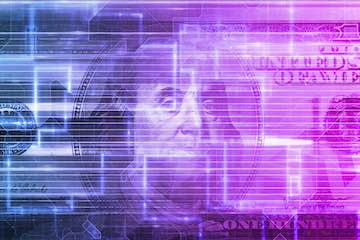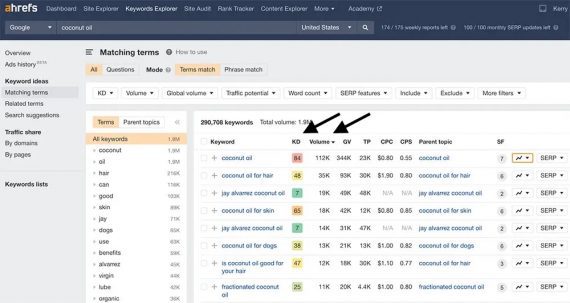
Last month, I explained why cryptocurrencies are not ready for mainstream retail. The reasons include rampant volatility, lack of regulation, and extraordinary risk. All are good for speculators but bad for ecommerce merchants.
Aiming to bring stability and perhaps avoid a financial crisis if the crypto-speculation bubble bursts, governments worldwide are considering central bank digital currencies — CBDCs.
A central bank digital currency is a country’s recognized currency in electronic form. For example, the CBDC of the United States would be the digital dollar. Today, the U.S. central bank, the Federal Reserve, issues paper bills and metal coins. Consumers use those bills and coins physically or store them in bank accounts.
Monetary policymakers offer several justifications for creating CBDCs, including:
In the future, digital currency — with unique serial numbers like the dollar — could replace paper and coins. A digital dollar could be suitable for common transactions (loans, investments, salaries, retail payments) and represent the best of both worlds: the convenience of cryptocurrencies and the regulation and stability of a reserve-backed money supply.
Why CBDCs?
CBDCs offer much potential for good. But they could create problems, too, such as:
- Convenience in an online world. Cash and coins (and credit cards) are expensive to handle and store. The proliferation of real-time payments shows that consumers and businesses need simple, inexpensive, and secure ways of moving money. CBDCs could make real-time payments more accessible and reduce the burden of handling cash.
- Prevent an international financial crisis. In China, digital payments are controlled by technology companies, namely Alipay and WeChat Pay. In Europe and North America, private investors own the majority of cryptocurrencies. If one of the major cryptocurrencies (or WeChat or Alipay) were to fail, a financial crisis would ensue. Governments are now recognizing that CBDCs can offer the benefits of cryptocurrencies and e-payments without the risks of a worldwide financial crisis.
- Encourage innovation. Investors and inventors understand the lack of ubiquity and stability prevents cryptocurrencies’ widespread adoption. Who wants a bitcoin payment app when the future value of bitcoin is unknown? A stable, government-backed digital currency could facilitate payment and financial innovation.
- Protect privacy and prevent crime. Cash payments are private. Card-based payments are not. Whenever we make a credit card payment, someone is watching and tracking us. If governments allow it, CBDC payments could be anonymous or semi-anonymous. Merchants, credit card companies, and financial institutions would not know who is paying (similar to cash payments). Still, governments could monitor the use of CBDCs to prevent money laundering and other financial crimes.
- Financial inclusion and equality. Central bank digital currencies, according to proponents, would allow equal access to financial services, especially for the unbanked and underbanked. It is difficult to substantiate this claim, however. Some proponents believe that a digital dollar would not require bank accounts and credit scores. But it would require modern (expensive) smartphones and access to high-speed internet.
Hurdles
Holders of CBDCs would presumably have digital wallets, likely on smartphones. Bank accounts would presumably remain more or less the same. A digital dollar in your checking or savings account would look the same as a paper dollar stored in those accounts. Thus the value of a CBDC would equal a country’s currency — one digital dollar would be redeemable for one paper dollar. This is unlike existing cryptocurrencies with values based on speculation and hype.
- Privacy concerns and government surveillance. CBDCs would likely require digital wallets and accounts. But who has access to these accounts? And who controls and protects the data? Do consumers trust governments more than private corporations? With CBDCs, governments, including authoritarian regimes, would have unprecedented access to an individual’s transaction data.
- Consumer protection. In the probable event of a cyberattack or honest mistakes (CBDC transferred erroneously), who is responsible, and what are the consumer protections? CBDC promoters rarely address real-world occurrences such as chargebacks, refunds, and errors.
- Internet access. A strong, reliable, and affordable internet connection is necessary to operate any CBDC system. But such internet access isn’t universal, hindering the widespread adoption of CBDCs.






